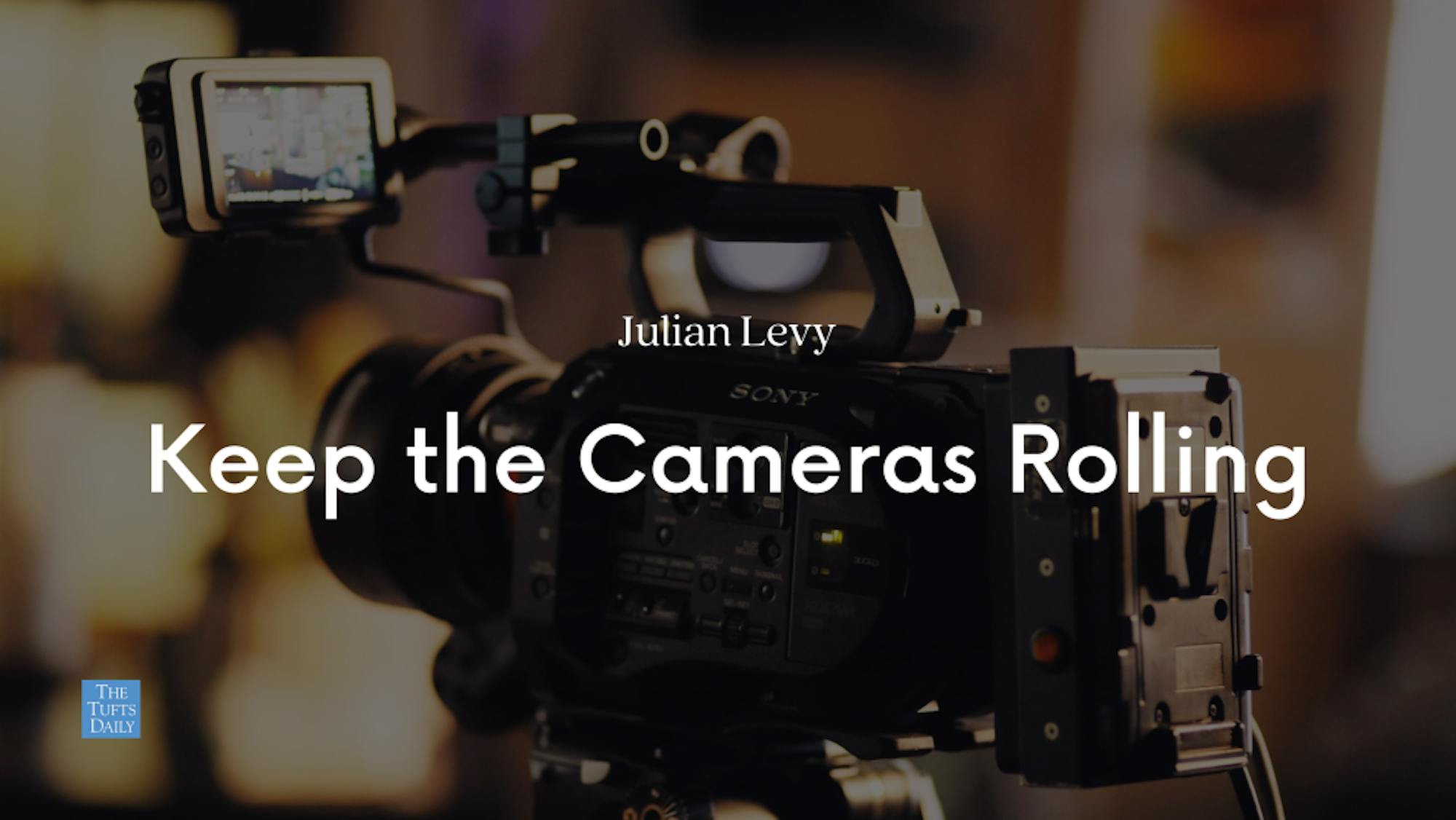Content warning: This article discusses trauma.
This column contains spoilers for "Midsommar."
With a pandemic raging and perhaps the most controversial presidential election in the nation's history underway, many Americans had one thing on their minds this past weekend: Halloween. With trick-or-treaters unwelcome and large gatherings discouraged, there was one logical choice left for the cautious and responsible citizen: horror movies. They’ve long been a staple of the holiday, but they took on a renewed importance this year. If you were looking for a fun, maybe even slightly campy thrill-ride to escape back to a simpler time before masks and Zoom trivia nights, "Midsommar" is not that movie. Despite being released in 2019, well before COVID-19 went global, it reflects similar anxieties, emotions and dangers.
"Midsommar" at its core is a movie about how isolating 21st-century society can be. The main character, Dani, experiences a terrible loss at the beginning of the film. Her parents and her sister die in a horrific tragedy, and she is left reeling with the consequences. With nobody to turn to except for her emotionallydetached boyfriend, she struggles to deal with her emotions and the trauma that life has beset her. Those around her reach out to help, but through mostly hollow condolences. Most see her grief as an inconvenience. It’s only after she travels to the rural village of Hårga, Sweden with her boyfriend that she learns the value of community she’s been starved for. In Hårga, her longing for human connection is finally realized, giving her the tools she needs to move past her trauma. When it comes down to a morbid decision between her boyfriend and the cult Dani has discovered, she eerily chooses the latter, quite literally turning the last remnants of her old life into ashes.
The fact that it’s portrayed as a 'happy' ending has less to do with the cult itself and more to do with modern society. Isolated by relying on technology, individualism and cold rationality over the romanticism of tradition, many are left without the necessary support systems, leaving people to feel detached, hollow and depressed. COVID-19 has only exacerbated this problem.The prevalence of depression has been on the rise since the beginning of the pandemic. While lockdowns and other public health measures are necessary to 'flatten the curve' and attempt to save lives, it has had an undeniable cost on the mental health of countless individuals. While better than no contact at all, many have come to realize that technology is not a viable replacement for in-person human interaction. The 'rituals' of the modern world, like a trip to the local coffee shop or going to the office for work, have been disrupted. COVID-19 has shown that there is still a purpose to these shared human experiences and traditions, however small they might be.
Almost everyone has lost something due to COVID-19. For some, it’s a friend or loved one, and for others, it’s as simple as the stability and routine of daily life. "Midsommar" pointed to one of the central problems of how we live today without knowing how much worse it would become just a few months later. There’s no clearer affirmation of the need for community, tradition and connection than this: Dani will turn to a cult if it means receiving the kind of compassion that she so desperately desires.






